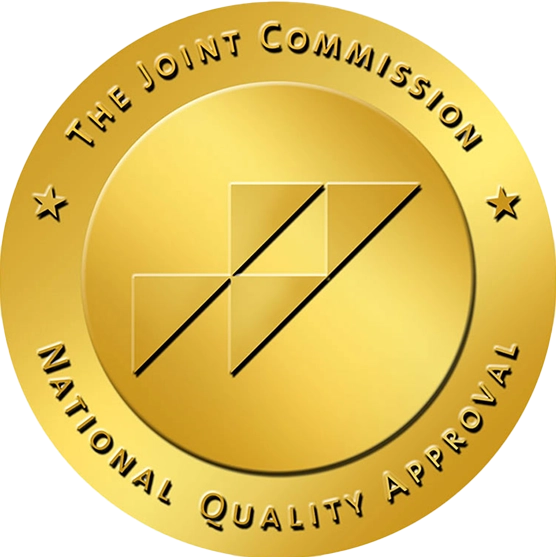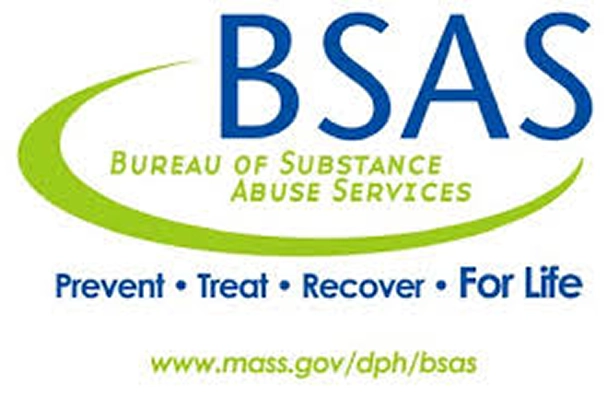PTSD Treatment & Therapy in MA
Experiencing trauma can leave lasting emotional and psychological scars, making daily life feel overwhelming. At Rebuilding Mental Health, we provide expert PTSD counseling and therapy to help individuals heal and regain a sense of stability.
Understanding PTSD
Post-Traumatic Stress Disorder (PTSD) is a serious mental health condition. It develops after someone experiences or witnesses a traumatic event. It can affect anyone, from military veterans and first responders to survivors of accidents, abuse, or natural disasters. This disorder disrupts daily life, making it difficult to process emotions, maintain relationships, or feel safe.
According to the National Center for PTSD, about 6% of adults in the US will experience post-traumatic stress disorder at some point. While PTSD is often associated with combat veterans, it affects people from all walks of life. Professional treatment is important, and needs to be accessible to all.

What Causes PTSD?
Post-traumatic stress disorder develops after experiencing or witnessing a psychologically traumatic event. Not everyone exposed to trauma develops PTSD, though. Factors like personal history, duration of trauma, and emotional resilience play a role. Common causes include:
- Combat or military service
- Physical or emotional abuse
- Serious accidents or injuries
- Natural disasters
- Witnessing violence
- Life-threatening medical diagnoses
The Risks of Untreated PTSD
Leaving post-traumatic stress disorder untreated can have serious consequences. Without proper trauma treatment, symptoms can worsen. This could, in turn, lead to chronic PTSD, substance use, and self-destructive behaviors. It can also contribute to long-term effects like anxiety, depression, and difficulty maintaining relationships. Seeking help early can improve quality of life and promote long-term healing.
Symptoms of PTSD
There are many different ways post-traumatic stress disorder can manifest. However, some common symptoms appear more frequently.
- Flashbacks and intrusive memories
- Nightmares and sleep disturbances
- Intense emotional or physical reactions to triggers
- Avoidance of people, places, or situations linked to trauma
- Feeling emotionally numb or detached from loved ones
- Difficulty concentrating or remembering details
- Sudden bursts of anger, irritability, or hypervigilance
- Feelings of guilt, shame, or hopelessness
Types of PTSD
Post-traumatic stress disorder presents in different forms, each requiring a unique approach to treatment. Identifying the type helps mental health professionals develop a personalized treatment plan.
Acute Stress Disorder
This occurs shortly after a traumatic event and can develop into post-traumatic stress disorder if left untreated.
Complex PTSD (C-PTSD)
CPTSD results from repeated or prolonged trauma, often linked to childhood abuse or domestic violence.
Comorbid PTSD
This is when PTSD exists alongside other mental health conditions, requiring integrated treatment.
Uncomplicated PTSD
Triggered by a single traumatic event, this has fewer additional mental health concerns.
PTSD Treatments
Treatment for PTSD depends on the severity of symptoms and individual needs. The right approach can help individuals process trauma and regain a sense of control over their lives.
PTSD Assessment
A PTSD assessment helps your treatment team determine the best course of action. A professional diagnosis ensures people receive targeted support tailored to their experiences and symptoms.
PTSD Counseling and Therapy
PTSD therapy helps individuals process trauma in a safe and structured way. Cognitive-behavioral therapy (CBT), eye movement desensitization and reprocessing (EMDR), and exposure therapy help reduce symptoms and improve emotional resilience.
PTSD Medication
Medications for post-traumatic stress disorder can help manage symptoms. This may include antidepressants or anti-anxiety drugs. PTSD drugs should always be prescribed and monitored by a qualified medical professional for your safety.
Get Help for PTSD at Rebuilding Mental Health
At Rebuilding Mental Health, we offer compassionate support tailored to each individual’s needs. Our evidence-based therapies, experienced clinicians, and personalized treatment plans provide the tools needed for long-term healing.

Our Outpatient PTSD Treatment Programs
Mental health treatment should be flexible to meet different needs. Our outpatient programs offer structured support while allowing individuals to continue their daily lives.
Day Treatment
An intensive Day Treatment program is suited for people who need strong structure. You’ll attend groups, individual sessions, and skills-based work focused on attention, organization, and emotional regulation.
Half-Day Treatment
For a step down, you can attend Half-Day Treatment sessions. This offers hands-on ADHD therapy and skills training in shorter blocks, allowing you to maintain a balance between work, classes, and family life.
Virtual Treatment
Using secure Zoom video calls, you can take part in Virtual Treatment. You’ll connect with clinicians, learn skills, and get support from home when in-person care isn’t a practical option for you.
Ready to Rebuild?
PTSD doesn’t have to define your life. With the right care, healing is possible. At Rebuilding Mental Health, we provide expert guidance and support every step of the way. Reach out today for a confidential consultation and take the first step toward recovery.
Ready to Rebuild?
FAQs
Can PTSD be cured?
There is no single cure, but treatment can help manage symptoms and improve quality of life.
Does PTSD go away?
With the right support, PTSD symptoms can decrease over time and become easier to manage.
Is PTSD a disability?
In severe cases, PTSD can be considered a disability if it affects daily life and functioning.
Are people with PTSD emotionally non-expressive?
Not always. Some people may seem emotionally distant, while others experience intense emotions.
Can PTSD cause memory loss?
Yes, PTSD can impact memory and concentration, especially under high stress.
Can PTSD cause hallucinations?
In some cases, severe PTSD can cause dissociation or hallucinations, especially when co-occurring with other mental health conditions.
Mental Health Resources

You might notice your college student is more focused on odds than homework, glued to their phone during games, or suddenly short on cash. At first, sports betting can sound

Many veterans carry stress that lingers long after service ends. Memories, pressure, and loss can follow them home, shaping daily life in ways that feel hard to explain. A strong

Living with bipolar disorder means dealing with mood swings that can feel like they’re controlling your life. One week, you may struggle to get out of bed. The next one,




